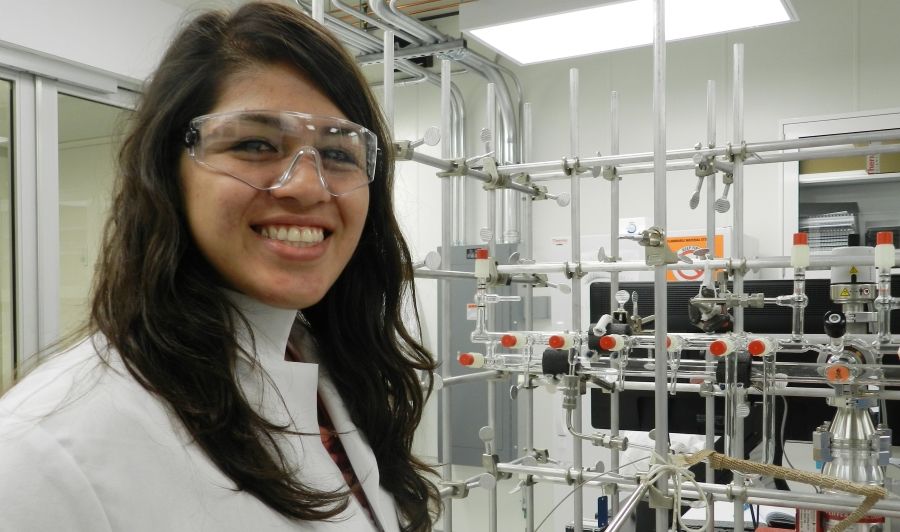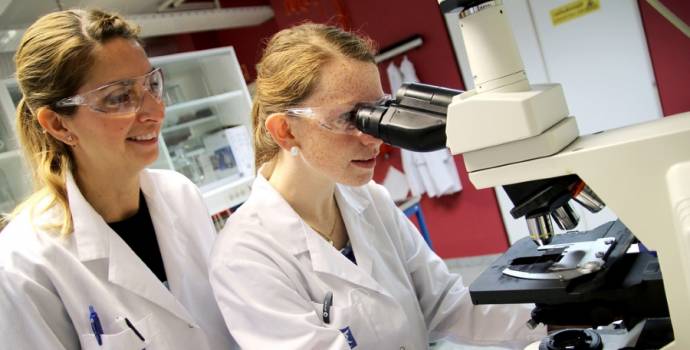Izšolajo se za znanstvenice, postanejo učiteljice
Written by Dr. Sonja Merljak Zdovc, translated by JL Flanner
V Sloveniji ženske bolje živijo kot marsikje drugje.
Imajo veliko pravic in so bolj enakopravne moškim kot v drugih državah. A še vedno ženski spol ni enak moškemu.
Zaradi različnih okoliščin je denimo veliko bolj verjetno, da bodo starejše ženske revnejše kot starejši moški.
Zato si tudi v Sloveniji še vedno prizadevamo za večjo enakost spolov, so poudarili na nedavnem posvetu Krepitev in podpora enakopravnosti spolov v znanosti in visokem šolstvu.
Pripravili so ga, ker tudi v Sloveniji tako kot marsikje drugje po svetu ugotavljajo, da veliko žensk doštudira in doktorira, a se potem zaposlijo v slabše plačanih poklicih. »Ne postanejo znanstvenice, raziskovalke ali inženirke, ampak učiteljice,« je opozorila Virginija Langbakk, direktorica Evropskega inštituta za enakost spolov.
Kot učiteljice imajo nižjo plačo kot njihovi kolegi, ki so se zaposlili v javnih ali zasebnih inštitutih ali podjetjih.
Zaradi tega je na slabšem celotna družba. »Ta razkorak vpliva tudi na bruto domači proizvod posamezne države,« je dodala direktorica Virginija Langbakk.
Pristojne, predvsem pa tiste, ki na fakultetah skrbijo za vpis, je zato med drugim pozvala, naj se povežejo s srednjimi šolami in raziščejo, zakaj se dekleta ne vpisujejo na fakultete, na katerih šolajo inženirje; denimo na fakulteto za gradbeništvo, računalništvo, strojništvo ali elektrotehniko.
Podrobnejše podatke glede enakosti spolov v Evropski uniji bodo v njihovem inštitutu javno predstavili 11. oktobra.

Photo: Nasa
They study to be scientists and become teachers
In Slovenia, women live better than many elsewhere.
They have many rights and are more equal with men than in other countries. But still women are not the same as men.
Because of the different circumstances, it is much more likely that older women will be poorer than older men.
That's why we are still working towards greater gender equality in Slovenia, as emphasized at the recent conference Strengthening and Supporting Gender Equality in Science and Higher Education.
It was organized because, as in many other countries around the world, in Slovenia, many women study and get PhDs, but then work in lower paid professions. "They do not become scientists, researchers or engineers, but teachers," said Virginia Langbakk, director of the European Institute for Gender Equality.
As teachers they have a lower salary than their peers who are employed in public or private institutes or companies.
That's why this is bad for the whole of society. "This gap also affects the country's gross domestic product," noted Virginia Langbakk, director of the group.
Those responsible [for this situation], and especially those in charge of university enrolment, should thus, among other things, connect with secondary schools and investigate why girls do not enroll in those faculties where they are educated by engineers; for example, at the faculties of construction, computing, mechanical engineering or electrical engineering.
More detailed data on gender equality in the European Union will be publicly presented at their institute on October 11th.
Read more stories and improve your Slovene at Časoris







